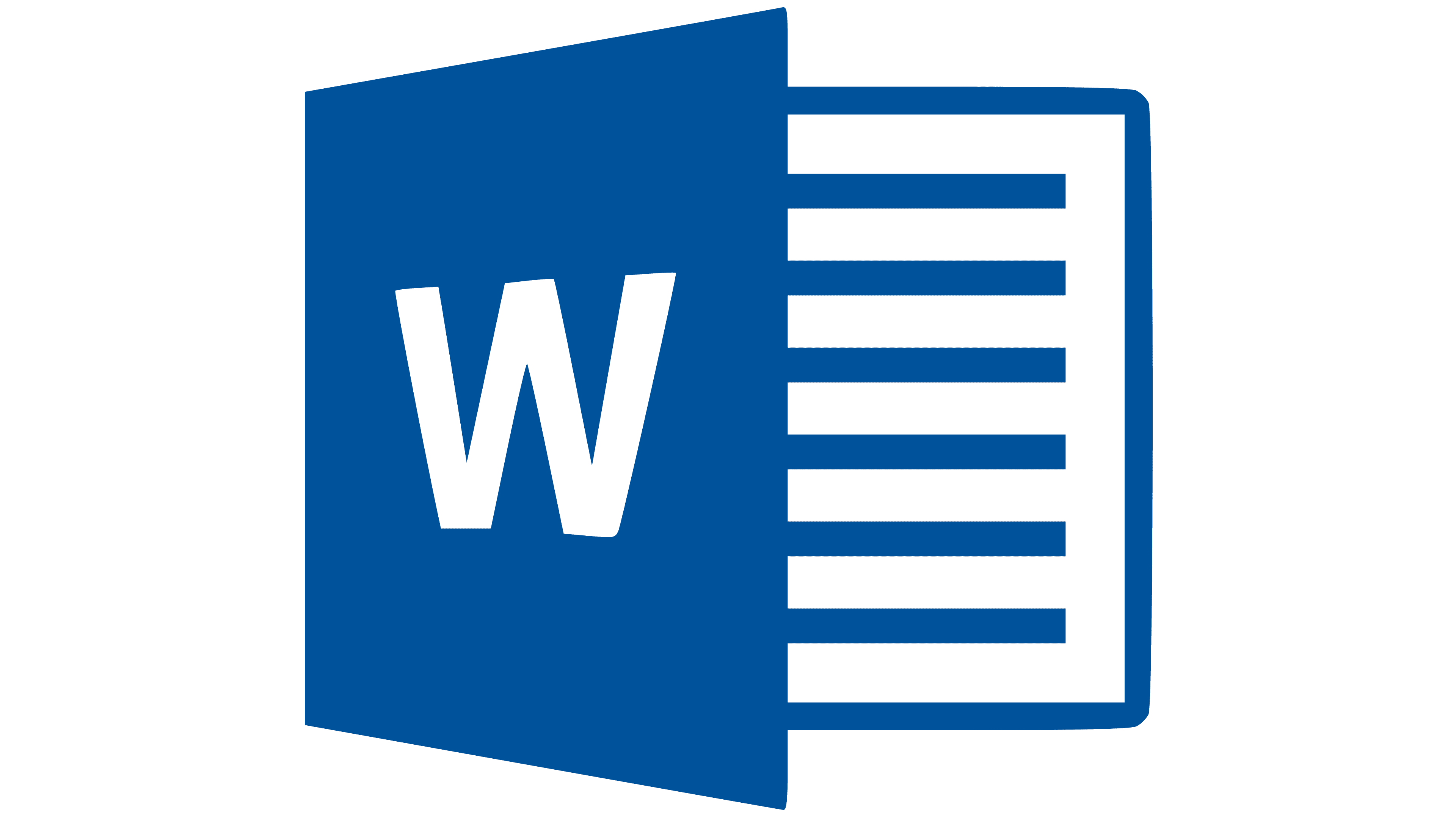“BLUE ECONOMY IN MADURA STRAIT”: CROSS-SECTORAL INSTITUTIONAL AGENCY AS A RESILIENCE OF MARITIME TOURSM GOVERNANCE IN FACING CLIMATE CHANGE AT MARTAJASAH BEACH BANGKALAN, MADURA
DOI:
https://doi.org/10.55381/isra.v2i1.259Keywords:
Martajasah; Blue Economy; ResilienceAbstract
National development agenda in strengthening “Blue Economy” as an accelerator of sustainable recovery in the SDGs is now facing a quite challenges of climate change. According to the Institute of Meteorology, Climatology and Geophysics (BMKG), Increasing of deforestation and industry affect global climate change will probably endanger vulnerable communities in various regions. Based on Bangkalan Regency Tourism Development Master Plan from 2020 to 2035, stated that the Maritime Tourism Area is a “vulnerable area” in which the leading sectors that support a large portion of Bangkalan Regency's regional income. This research seeks to identify and evaluate the development of Social Capital in Maritime Tourism of Martajasah Beach Bangkalan Madura as a resilience in facing climate change. This study used Pierre Bourdieu's Theory of Practice approach focused on Social Capital concept with a descriptive qualitative research method. The findings of this research were focused on the study of vulnerability analysis of Martajasah Beach Area in facing a climate change and how cross-sectoral Institutional Agencies plays an important role in developing Marine Tourism Governance. This research successfully revealed that the model of cross-sectoral Institutional Agencies developed in Martajasah Beach concentrated on the strength of Reproduction Strategy and Conversion Strategy. First, “Reproduction Strategy” seeks to stretch the agency network of authorization elite government groups and private companies in producing economic capital especially capital of investment and grant assistance. Second, “Conversion Strategy” seeks to be woven with community leaders, NGOs and educational institutions in order to convert social capital into symbolic capital which were (Branding and Recruitment) and also Institutionalized Cultural Capital. Finally, the form of resilience are consist of resilience as a stability, recovery and transformation which were able to strengthen social capital elements, thus it embodied the management of Martajasah Beach in having a social resilience to face climate change.
Downloads
References
Abdussamad, Zuchri. (2021). Metode Penelitian Kualitatif (Edisi Pertama). CV. Syakir Media Press. hlm 42-43.
Aditya, Rama. (2024). BMKG:Dampak Perubahan Iklim Makin Mengkhawatirkan [Internet]. 2024 [02 Mei 2024]. Diakses dari: https://www.bmkg.go.id/press-release/?p=bmkg-dampak-perubahan-iklim-makin-mengkhawatirkan&tag= press-release&lang=ID
Balitbangda. (2020). Lampiran I Peraturan Daerah Kabupaten Bangkalan Tahun 2020 Tentang Rencana Induk Pengembangan Pariwisata Kabupaten (RIPPARKAB) Bangkalan dan Sistim Inovasi Daerah (SIDa) Kabupaten Bangkalan.
Bhandari, H. & Yasunobu, K. (2009). What is Social Capital? A Comprehensive Review of the Concept. Asian Journal of Social Science, Vol. 37, No. 3, SPECIAL FOCUS: Beyond Sociology (2009), pp. 480-510.
BPS Kabupaten Bangkalan. (2023). Bangkalan dalam Angka 2023. [Internet]. Diakses dari https://bangkalankab.bps.go.id/publication/2023/02/28/122d09c23b86387af2346ebd/kabupaten-bangkalan-dalam-angka-2023.html
Elfena, L., Nurhadi, N., & Nurcahyono, O. H. (2020). Arena Produksi Kultural Kerajinan Kulit di Surakarta Dalam Tren Ekonomi Kreatif. Jurnal Socius: Journal of Sociology Research and Education, 7(2), 121. https://doi.org/10.24036/scs.v7i2.244
Fauziah FN. (2019). Peran pengetahuan komunitas tentang banjir dalam resiliensi komunitas rawan bencana [skripsi]. Bogor (ID): Institut Pertanian Bogor.
Fashri, Fauzi. (2016). Pierre Bourdieu: Menyingkap Kuasa Simbol. Yogyakarta: Jalasutra.
Hasibuan, S., Harahap, R. H., & Purwoko, A. (2021). Peran Pemuda Dalam Pengembangan Usaha Kopi Di Kawasan Wisata Simarjarunjung. PERSPEKTIF, 10(2), 644–655. https://doi.org/10.31289/perspektif.v10i2.4970.
Hidayat, A. M. et al. (2018) ‘Korelasi Indeks Nino 3.4 dan Southern Oscillation Index (SOI) dengan Variasi Curah Hujan di Semarang’, Jurnal Sains dan Teknologi Modifikasi Cuaca, 19(2), pp. 75–81.
Kanom, Darmawan, R. N. & Nurhalimah. (2020). Sosialisasi Penerapan Sapta Pesona dalam Perencanaan dan Pengembangan Destinasi Pariwisata Berkelanjutan di Lider Desa Sumberarum Kecamatan Songgon Kabupaten Banyuwangi. Jurnal Pengabdian Masyarakat. (2):1.
Maliati, N. (2021). Resiliensi Komunitas dan Kerawanan Pangan di Pedesaan Aceh. Aceh Anthropological Journal, Volume 5(1), 51–63.
Mardiyantoro, C., Herlina, H., & Mulyeni, S. (2023). Strategi Pengembangan Sumber Daya Manusia Dan Ekonomi Kreatif Dalam Peningkatan Pariwisata. Jurnal Soshum Insentif, 6(1). https://doi.org/10.36787/jsi.v6i1.1201
Mustikasari, M., Arlin, A., & Kamaruddin, S. A. (2023). Pemikiran Pierre Bourdieu dalam Memahami Realitas Sosial. Kaganga:Jurnal Pendidikan Sejarah Dan Riset Sosial Humaniora, 6(1), 9–14. https://doi.org/10.31539/kaganga.v6i1.5089
Norizan, A., Ling, K., & Chan, G. (2022). Kedah Malaysia (Vol. 19, Issue 1). https://en.unesco.org/global-geoparks/langkawi.
Okazaki, E. (2008). A community-based tourism model: Its conception and use. In Journal of Sustainable Tourism. https://doi.org/10.2167/jost782.0
Pauli, G. (2010). The Blue Economy. Paradigm Publications.
Pudyatmoko, S., Fandeli, C., Martani, W., Konservasi Sumber Daya Hutan, D., Kehutanan, F., Gadjah Mada, U., Ilmu Kehutanan, J., & masuk, N. (2020). Partisipasi Masyarakat Lokal dalam Pengembangan Ekowisata Local Communities Participation in Ecotourism Development HASIL PENELITIAN Riwayat Naskah. In Jurnal Ilmu Kehutanan (Vol. 14). https://jurnal.ugm.ac.id/jikfkt.
Rani, F., & Cahyasari, W. (2015). Motivasi Indonesia Dalam Menerapkan Model Kebijakan Blue Economy Masa Pemerintahan Joko Widodo. Jurnal Transnasional, 7(1), 1914–1928. https://transnasional.ejournal.unri.ac.id/index.php/JTS/article/view/3189.
Rudito, Bambang dan Melia Famiola. (2013). Social Mapping. Bandung: Rekayasa Sains
Safira, Asyila. (2024). Proses Adaptasi Komunitas Wisata Untuk Mencapai Ketahanan di Kampung Wisata Rejowinangun Yogyakarta Selama Pandemi Covid-19. Gadjah Mada Journal of Toursm Studies. Online ISSN 2621-9948. Diakses melalui laman https://doi.org/10.22146/gamajts.v5i1.87425. Hal 37-55
Sarvina, Y. and Sari, K. (2020). Dampak ENSO Terhadap Produksi dan Puncak Panen Durian di Indonesia Jurnal Tanah dan Iklim. 41(2), 147–155. doi: 10.21082/jti.v41n22017. hal. 149-158.
Sumarni. (2021). Hubungan Modal Sosial dengan Pendapatan Petani Padi Sawah di Desa Sanrego, Kecamatan Kahu, Kabupaten Bone, Sulawesi Selatan [Skripsi]. Diakses dari https://repository.unhas.ac.id/id/eprint/17190/2/G21116009_skripsi_bab%201-2.pdf
Sunaryo, Bambang. (2013). Kebijakan Pembangunan Destinasi Pariwisata Konsep dan Aplikasinya Indonesia. Yogyakarta: Gava Media.
Wibowo, M. S., Novry, H., Paninggiran, K., & Heptanti, U. (2023). Analisis Daya Tarik Wisata dan Pengelolaan Destinasi Pantai Indah Kemangi Kabupaten Kendal.











